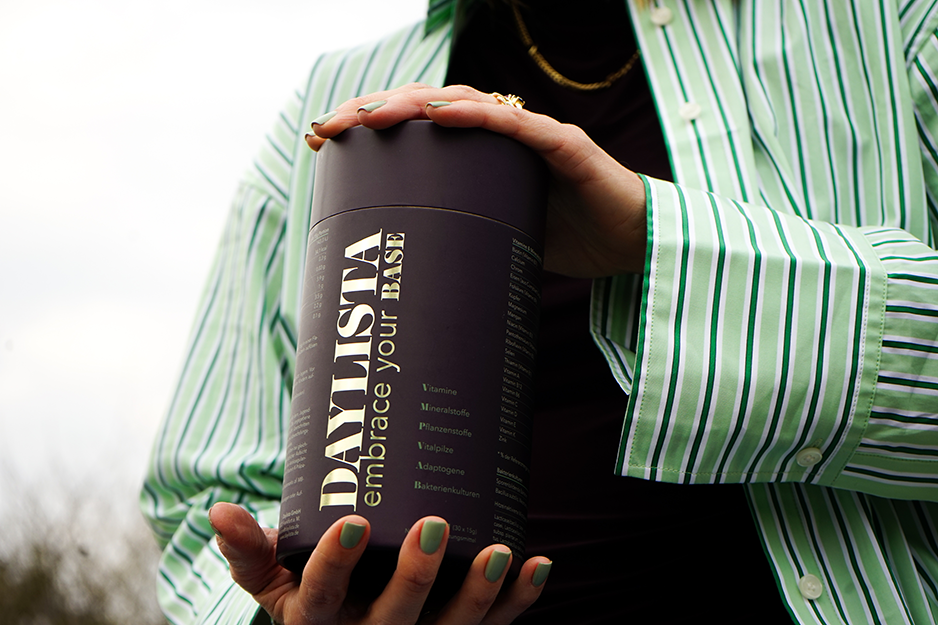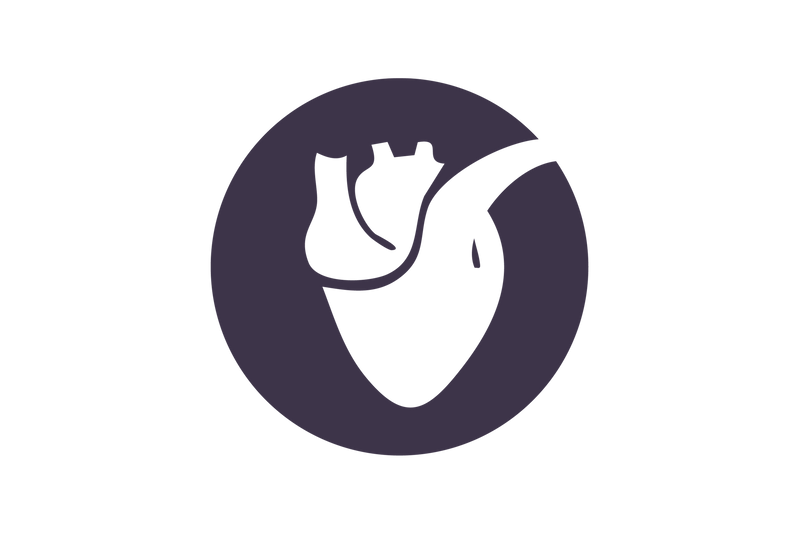Reduziert Müdigkeit, reguliert Stimmungsschwankungen und verbessert den Schlaf.
Magnesium ist ein essentielles Mineral und ein vielseitiger Helfer, besonders in der Perimenopause, wenn der Körper oft höheren Belastungen ausgesetzt ist. Es spielt eine zentrale Rolle im Energiestoffwechsel², hilft dabei, Müdigkeit zu verringern, und unterstützt die Muskelfunktion, indem es Muskelkrämpfe lindert. Für das Nervensystem⁷ ist Magnesium unerlässlich: Es kann hormonell bedingte Stimmungsschwankungen regulieren und trägt zu einem erholsamen Schlaf⁶ bei – ein wichtiger Faktor für Wohlbefinden und Ausgeglichenheit in dieser Lebensphase. Als natürliche Magnesiumquellen eignen sich zum Beispiel Vollkornprodukte, Nüsse, Hülsenfrüchte, grünes Gemüse wie Spinat und Brokkoli sowie Kartoffeln und Naturreis.
Referenz:
Debora Porri, Hans K. Biesalski, Antonio Limitone, Laura Bertuzzo, Hellas Cena, Effect of magnesium supplementation on women's health and well-being, NFS Journal, Volume 23, 2021, Pages 30-36, ISSN 2352-3646

















